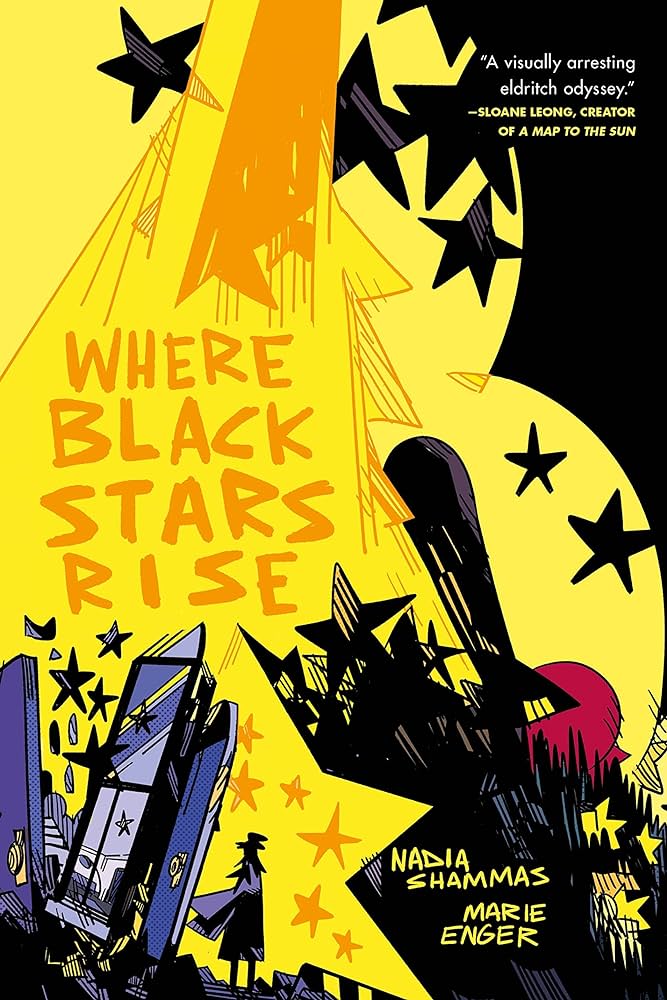I thought Teri Hatcher’s Burnt Toast: And Other Philosophies of Life had poisoned celebrity autobiographies for me forever, but when I first heard of Portia’s Unbearable Lightness: A Story of Loss and Gain, I knew I had to get it. (This may or may not have had to do with how cute I think she is.) I had simultaneously high and low hopes for this book — high because of all the hype surrounding it, which I suppose is only natural when the author’s one half of the most famous lesbian couple and probably on Oprah’s speed-dial; and low because this still is a book written by an unproven author, after all.
In Unbearable Lightness, Portia details her struggles with eating disorders and her sexuality. As mentioned in her interviews, she wrote it from the “perspective of a sick person” and so most of the book tracks her intense obsession with weight loss and increasingly extreme behaviour until she reaches an all-time low of 82 pounds (about 37kg).
I decided not to eat the egg whites. I didn’t need them. As they slid off the plate and into the trash, I felt a surge of adrenaline. I felt invincible, powerful. Not eating them was incredibly difficult and by not eating them I had just proven to myself that I was stronger than my basic instincts, that I could deny them. I wouldn’t give in to the desire to eat, because after all, isn’t that what fat people do? They give in to desire? They know they shouldn’t eat the brownie, but they just can’t help themselves.
What immediately struck me was how readable the memoir was. When writing about mental illnesses in particular, I believe, authors have to work doubly hard to have their readers empathise with being in a position most people aren’t usually sympathetic to while at the same time avoid writing a piece that is excessively intense or triggering. Let’s put it this way: when dealing with someone with depression, people instinctively think, “Why can’t you just be happy? It’s not that hard.” Portia deftly brings her readers into the mindset of an anorexic/bulimic without overwhelming them, and the overall effect is that you get a story about a life you will never experience — and never hope to — but with a person in the middle of it whose battles you can strongly relate to.
As Portia’s weight steadily decreases, the narrative alternates between her life in Hollywood (particularly on the set of Ally McBeal, the show which catapulted her to fame) and her childhood in Australia. She tells the story of how a desperate desire to constantly remake herself pushed her to change her name on a whim at age 15 — Portia de Rossi was actually born Amanda Lee Rogers — and to ditch her “perfectly worn black leather engineers’ boots” in favour of more feminine Capri pants and high heels years later as she faced celebrity-dom.
The story of her sexuality, or more specifically, her quest to hide and/or deny it, is interwoven with her life with EDs. While I did find that this issue sometimes felt forced and didn’t quite gel with the rest of the narrative, I don’t think the memoir would be complete without it because there is no doubt in my mind that having to hide such a big part of yourself would have an incredibly destructive effect on your sense of self, leaving you particularly vulnerable to things like EDs. Also, it leaves for some pretty brilliant I-like-other-girls-but-I’m-not-a-lesbian anecdotes, and there’s of course the beautiful irony that she constantly looked to Ellen DeGeneres as an example of why she couldn’t afford to come out as a lesbian and… well.
My girlfriend had to be heterosexual because I didn’t want to be a lesbian. If she was heterosexual, then it suggested that I was also heterosexual. Also, I was scared of lesbians. In fact, I would cross the street if I saw one coming toward me. One time I didn’t cross the street and I ended up sleeping with a lesbian because I felt sorry for her. She had just lost her girlfriend in a car accident and I was devastated for her. Nothing sounded worse to me than losing your girlfriend; that the one precious connection that you had made in your whole life was gone, wasted, lost in a car wreck. It sounded so much worse to me than a wife losing her husband — it was worse than anything. I found this woman to be quite unattractive. She was overweight and had a shaved head and facial piercings. But I had to sleep with her. It was only polite.
N.B. I would like to know exactly how she identifies those lesbians coming down the street, because I really suck at that. And while it does sound like Portia may have been conned into believing a sob story so that aforementioned lesbian could get into her pants, Ellen actually had a girlfriend who died in a car accident when she was 21.
The only gripe I have about the book is that at the end of it, I still felt there were a fair number of loose ends that needed to be tied up. She mentions her father quite a bit both in the book and her interviews and it is evident that his death when she was a child severely impacted her (naturally), but I don’t know what kind of father he was or what their relationship was like. (In contrast, I found the portrayal of her mother as a figure of many contradictions — nurturing but pressurising, caring but also careless — amazingly realistic.) This might be a minor point but I would also have liked to know more about Bean, her dog who was her sole companion for many years. Most significantly, the book is a lot more about “loss” than it is about “gain,” and there is very little about her recovery.
To be frank, if it weren’t for Portia’s name and fame — or perhaps more accurately, Ellen’s — this (audio)book would not be #1 on iTunes. It probably wouldn’t hit any bestsellers list; it is not particularly insightful, clever, or even especially original. It is honest, though, and it is that refreshing straightforwardness that kept me turning the pages. I wouldn’t go out of my way to recommend this book, but it’s definitely worth a read.
Thank you so much for the review, Orange Sorbet! You can find Orange Sorbet’s blog here, and the original post of this review (complete with adorable pictures of Portia) here.
If you’d like to submit a guest lesbrarian review to the Lesbrary, click here!



